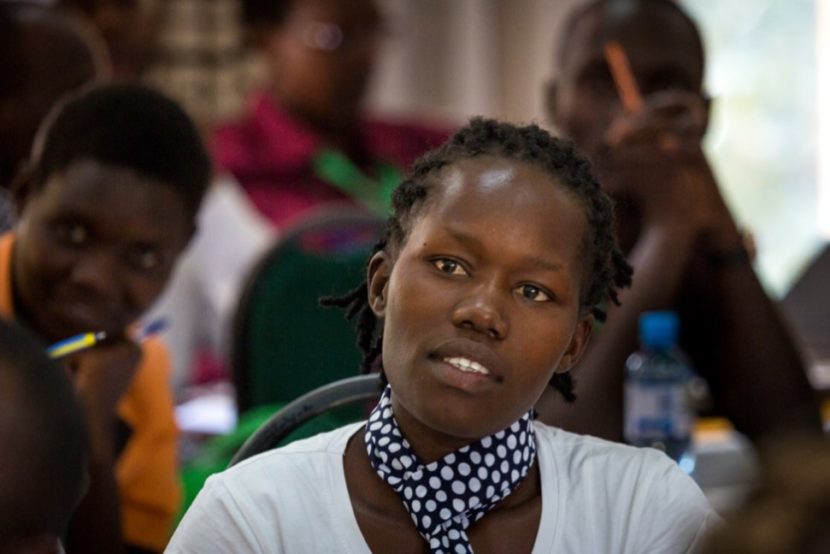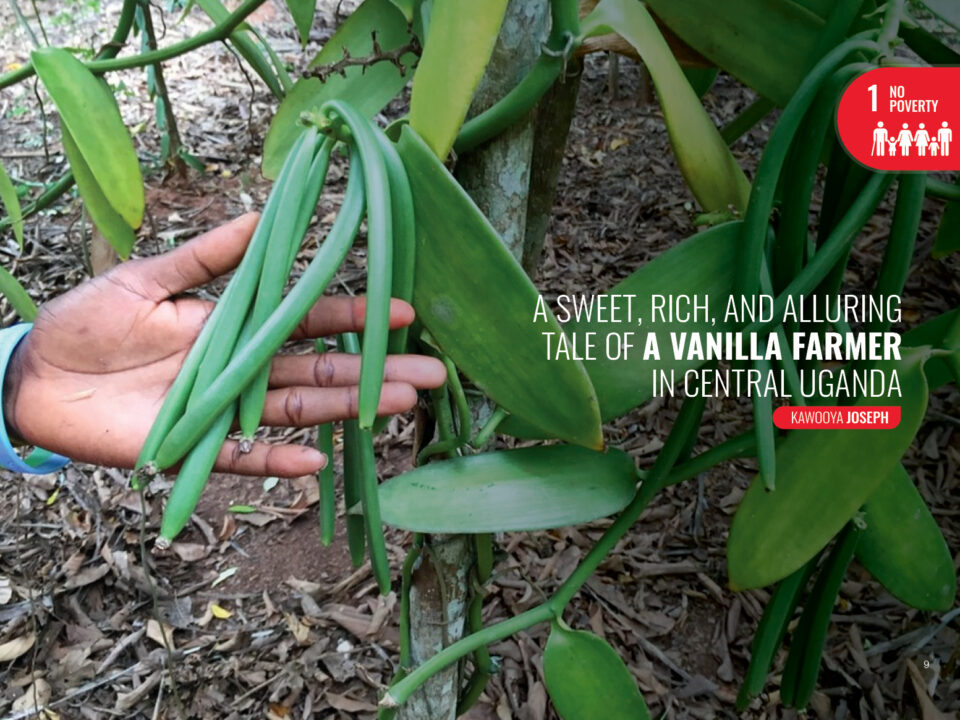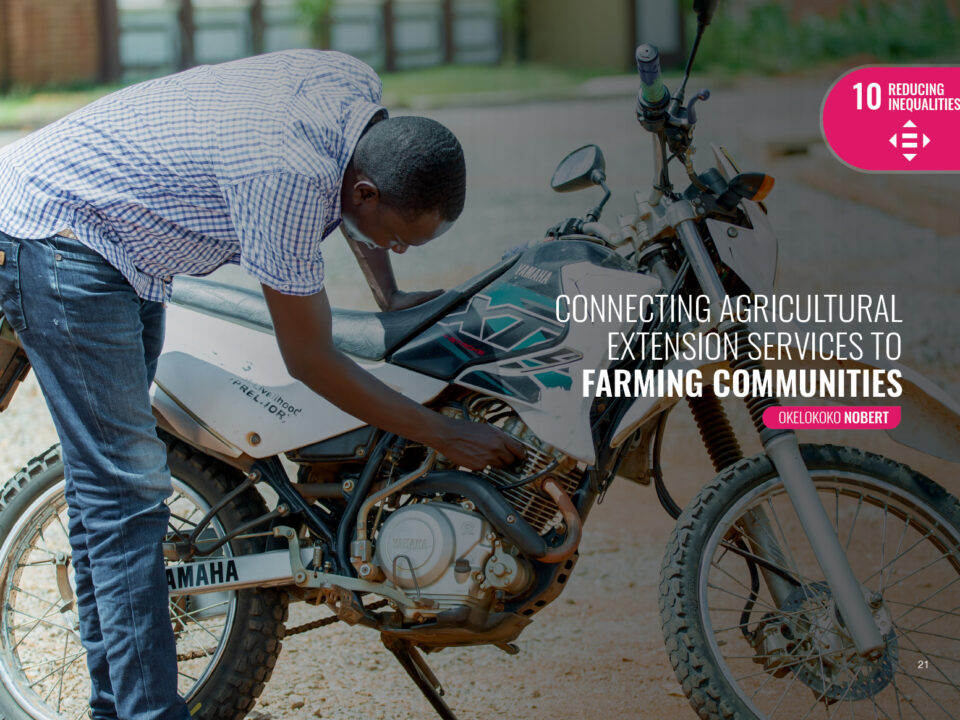Investing in Africa’s Young population to drive the Continent’s Agenda
According to the United Nations report, by 2050, there will be an increase of 1.3 billion in Africa’s population. Africa’s growth is expected to move from 1 to 4 billion people. Forty-five percent of sub-Saharan Africa’s population is below the age of fifteen, yet over the next two decades, 330 million young Africans will be entering the job market looking for work. How prepared are we in addressing the future employment demands for Africa’s young people?
As African Universities continue to churn out vast numbers of graduates, issues of quality of the African graduates become pertinent. The increasingly evolving job market demands more from universities to train graduates that are attuned to the demands and realities in real work environment. A well rounded graduate with soft skills and experience is more attractive for employment. This demand from the business sector has ignited a change in the way universities deliver encouraging the inclusion of both managerial and technical skills for its graduates. As universities thrive to stay relevant within the business changing demands, it is important to address the employability issues of African graduates in their countries. How relevant are our graduates when they return to their home institutions and countries?
According to the African Development Bank (AfDB) report, for Africans to travel to other States within the continent, 55% of the States will require visas and only 20% of nations allow Africans to enter without visas while 25% offer visas on arrival. Africa is experiencing a growing trend of international academic and student mobility linked to globalization yet there is little effort done in improving mobility across the continent. Mobility facilities knowledge transfers and exchange through collaborative teaching and research activities. It helps us to understand better, love and appreciate our continent’s diversity. It also increases opportunity for trade and indeed spill-over of innovations. As African governments seek to ease movement across the continent through initiatives such as the African passport proposed by the African Union, one can only wonder what more can we do with the increased access to ICTs to remove “mental boundaries” to allow for more collaboration within Africa.
The Continental Approach
The Regional Universities Forum for Capacity Building in Agriculture (RUFORUM) working with African universities has over the years implemented approaches that address the above existential factors that limit Africa’s mobility, cross-border knowledge sharing and integration. Some of the approaches include the Graduate Teaching Assistantship (GTA) that increases quality and numbers of scientists trained across Africa while encouraging mobility within the continent.
Addressing the issue of investment in Higher Education by African government, RUFORUM is engaging with the African Governments to lobby for increased investment in the higher education sector. This is critical for increasing the capacity of the continent to generate innovations and to drive its own agenda. RUFORUM is also promoting university engagement with the with the private sector, and to strategically position universities to engage with policy and business as a more sustainable approach to funding Higher Education and Science, Technology and Innovation development in the continent.
Unemployment of youth in Africa is a major development issue across the continent. To tackle the youth unemployment, revitalizing Technical Vocational Education and Training institutions (TVETs) is critical. And linking the TVETs to universities is strategic. RUFORUM in partnership with the Mastercard Foundation seeks to address this gap through the implementation of the CARP+ that integrates TVETs to enhance education value chains and promote agribusiness and agri-entrepreneurship, vocationalisation, incubation and acceleration centers
Young People making a difference
Over the years, Africa has experienced a loss of her young population as they cross to Europe for better opportunities. On 23rd May, 2017 it was reported that over 6 million migrants had crossed over to Europe from Africa. However, there are some dynamic young passionate people who against all odds are making a difference though community’s transformation. Such stories should be shared to inspire and bring hope to the continent. Here are some seven Inspiring Young African Entrepreneurs to look out for as we inspire our generation to press on and never give up.
What is changing is in Africa and this brings hope. The Youth in Africa are becoming proactive in creating solutions relevant to their community needs. Universities are now engaging in community transformational programs, a novel paradigm shift from the “Ivory Tower” school of thought. As we gather in Malawi during the period 23-27 October 2017 for the 13th RUFORUM Annual Meeting of its 66 member Universities in Africa, we need to give attention to address the issues highlighted above. We must invigorate our actions and build on the momentum of increased policy support from African Governments so that as universities we make a contribution to achieving Africa Agenda 2063- Building the Africa We Want. The time to act is now not tomorrow.




